Icons of Loyalty: The Longest Front-of-Shirt Sponsorships in European Football History pt.1
Summer is not only a hot season for transfers but also for renewing and signing new sponsorship deals for the upcoming seasons. SponsorsGo takes a look back at the longest sponsorship contracts in men’s European football. You’ve probably seen these iconic shirts, and maybe you even have hanging in your wardrobe.
1. Inter Milan and Pirelli (26 years)
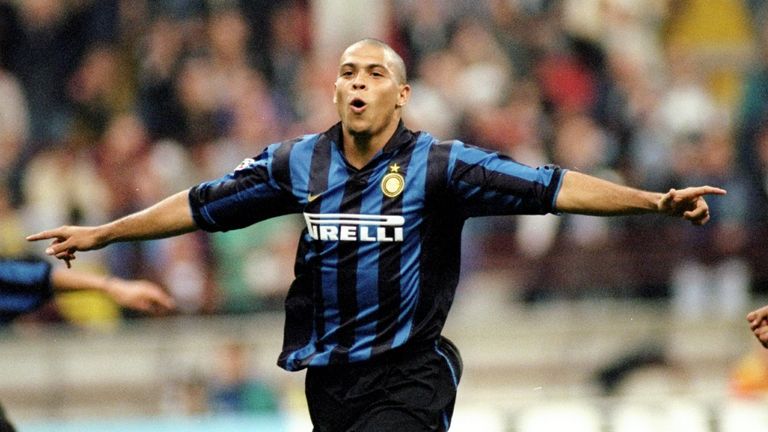
The sponsorship deal between Inter Milan and Pirelli stands as one of the longest-running partnerships in football history, spanning from 1995 to 2021. During this era, Inter Milan achieved significant success, notably securing numerous Serie A titles, particularly during a dominant period from 2005 to 2010. The pinnacle of this success was in 2010 when Inter Milan won the prestigious Treble—Serie A, Coppa Italia, and the UEFA Champions League—with the iconic Pirelli logo prominently displayed on their shirts.
This partnership was further strengthened by the involvement of Italian business tycoon Marco Tronchetti Provera, who played a crucial role in maintaining and nurturing this business relationship.
Despite the success and mutual benefits of the partnership, the shirt sponsorship deal, valued at approximately 10 million euro per season plus bonuses, was not extended beyond the end of the 2020-2021 season, as announced by Pirelli’s chief executive, Marco Tronchetti Provera. As the main shirt sponsorship concluded, Pirelli’s role evolved into that of the Global Tyre Partner, continuing to support Inter Milan by providing exclusive tyre supplies and maintaining a significant presence alongside the team, players, and fans.
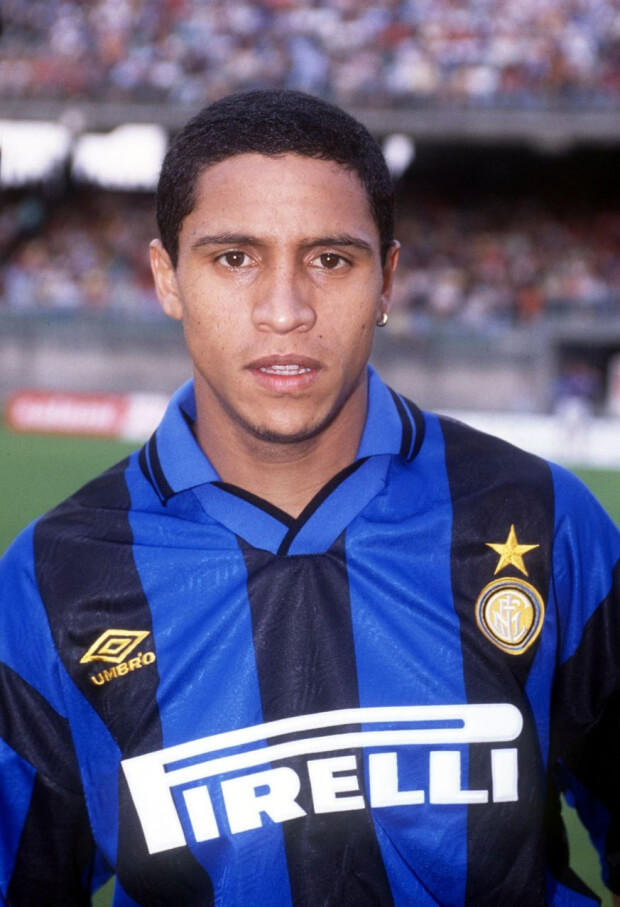
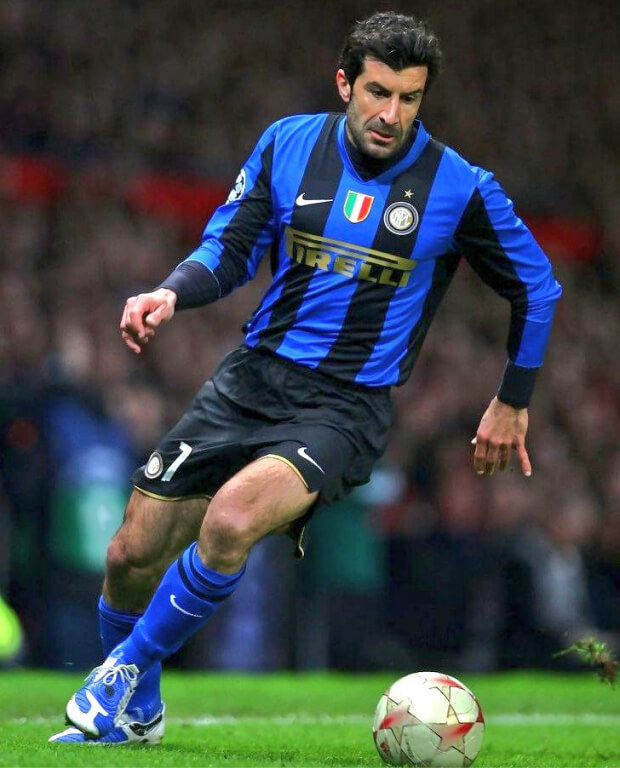
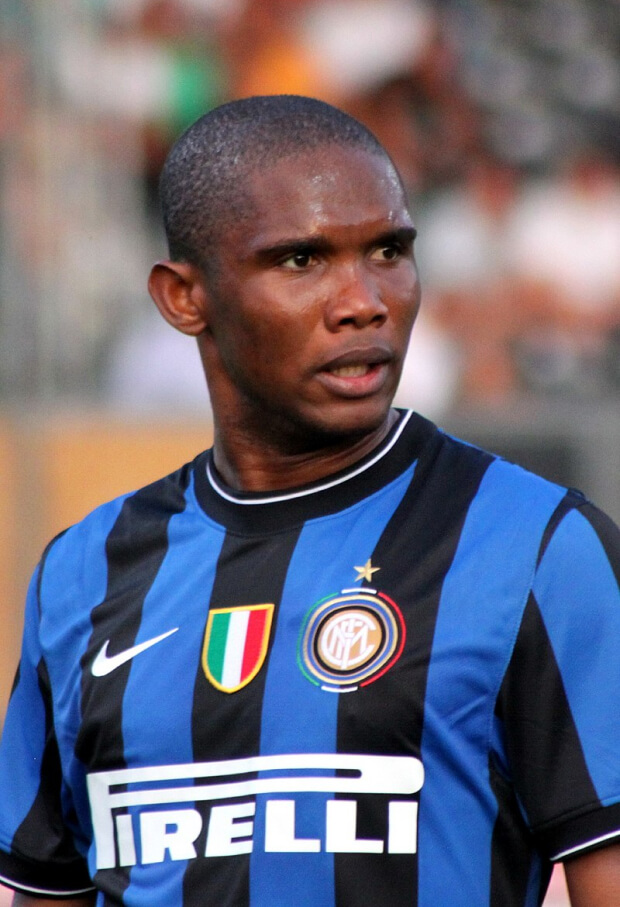
Over the years, many legendary players have worn Inter Milan’s jersey featuring the Pirelli logo. These include Andrea Pirlo, Roberto Carlos, Philippe Coutinho, Edgar Davids, Ronaldo, Zlatan Ibrahimovic, Diego Milito, Samuel Eto’o, Luis Figo, Clarence Seedorf, and many other notable stars.

2. AS Monaco and Fedcom (23 years)
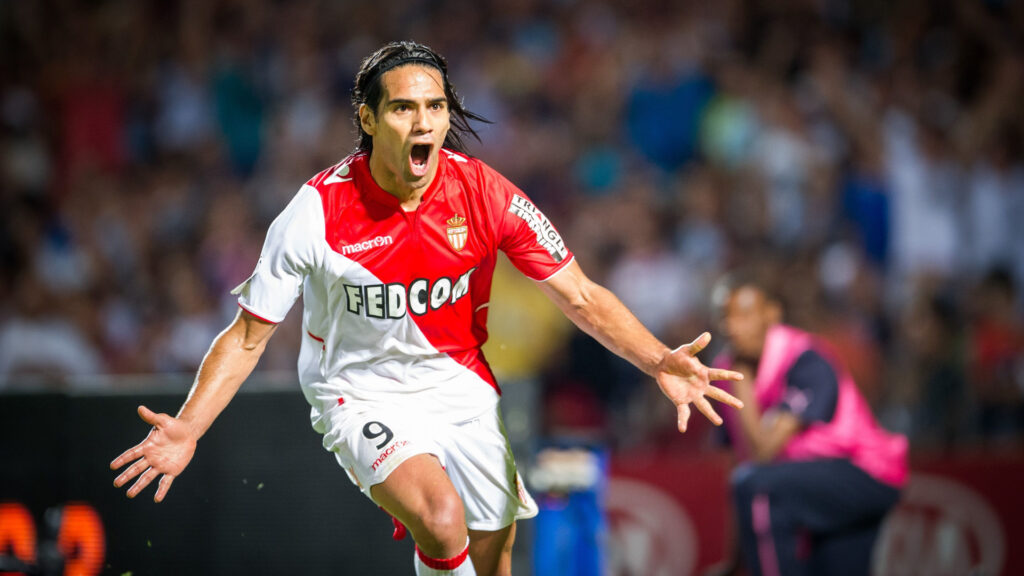
The collaboration between AS Monaco and Fedcom, a company specializing in sulfur and fertilizers, began in 1999. Over more than 20 years, Alexei Fedorychev’s Monaco-based company, Fedcominvest, has invested over 100 million dollars into the club.
During this partnership, AS Monaco experienced some of its most successful periods, including reaching the UEFA Champions League final in 2004. The sponsorship endured through AS Monaco’s relegation to Ligue 2 in 2011 and their subsequent promotion back to Ligue 1, showcasing the resilience and commitment of both parties.
In June 2021, Fedcom ceased to be the front-of-shirt sponsor for AS Monaco in domestic competitions, although it remained for European matches. Alexei Fedorychev shifted his focus to the Monaco basketball club, becoming its president. In the French league, the Israeli financial services company eToro, specializing in social trading and multi-asset investments, replaced Fedcom. In the 2022/2023 season, eToro became the club’s main partner and front-of-shirt sponsor that covers both Ligue 1 and European competitions.
Despite the changes, Fedcom continues to support AS Monaco as a “Legacy Partner.”
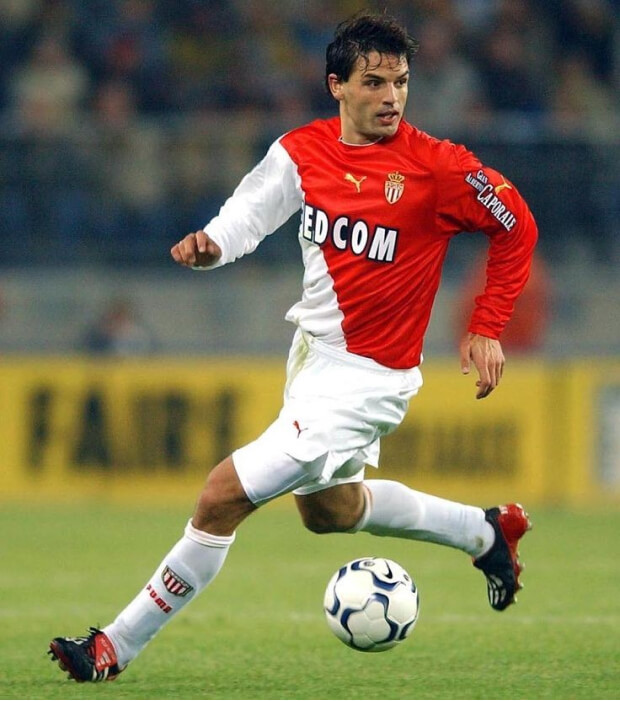
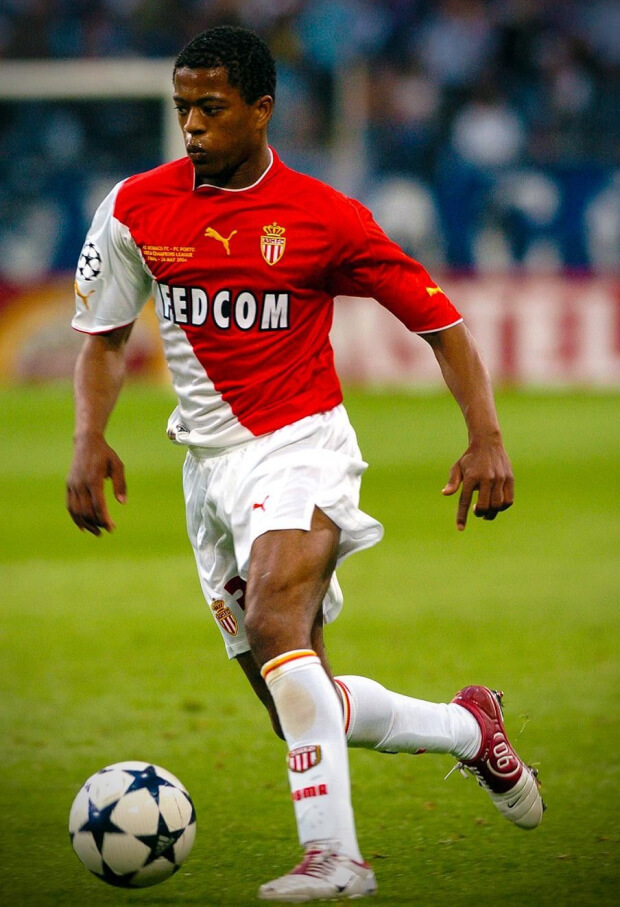

Notable players who have worn the jersey featuring the Fedcom logo include Kylian Mbappe, Dimitar Berbatov, Fernando Morientes, Emmanuel Adebayor, Thierry Henry, David Trezeguet, Cesc Fàbregas, Bernardo Silva and Patrice Evra.

3. Bayern Munich and Deutsche Telekom (22 years)
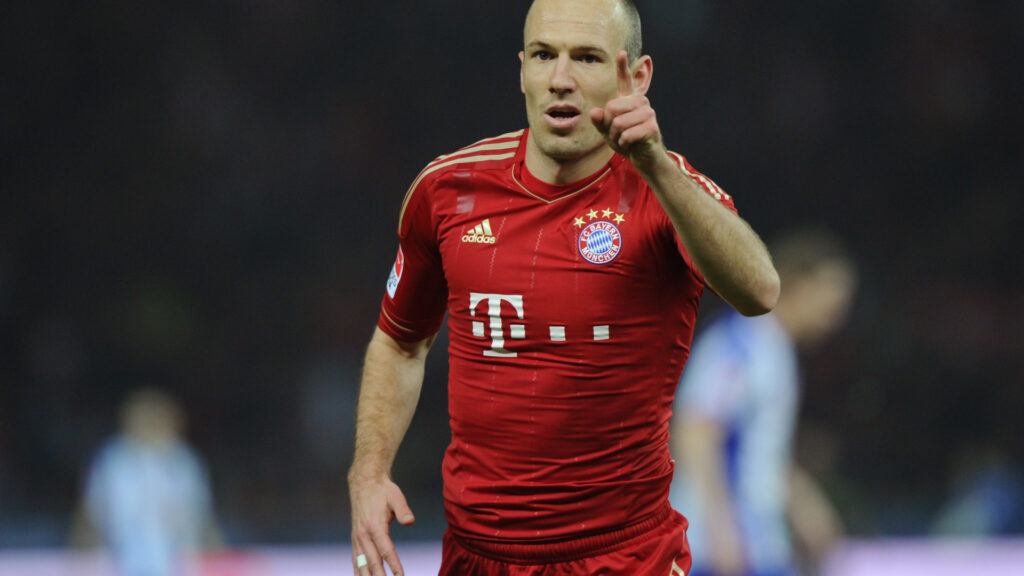
The first contract between Bayern Munich and Deutsche Telekom was signed in 2002 for a six-year term. This partnership aimed to capitalize on global trends, starting with the T-Mobile brand, a leader in worldwide mobile communication services. The “T” logo was prominently featured on FC Bayern’s advertising platforms.
Bayern Munich fans quickly gained access to a wide range of T products, including mobile phones with “FC Bayern” designs. The partnership extended beyond mere sponsorship activities, encompassing a broader scope of collaboration. Through front-of-shirt sponsorship, Deutsche Telekom promoted its new digital products like T-com, T-Home, and T-Mobile, consistently using the iconic “T” logo.
During this partnership, Bayern Munich experienced tremendous success, winning numerous Bundesliga titles, DFB-Pokals, and UEFA Champions League trophies.
Since 2002, the contract between the club and the company has been renewed five times. The latest extension occurred in 2022 and will last until 2027, ensuring the partnership spans at least a quarter of a century. Estimates suggest that the contract’s value could be around 50 million euros per year.
Michael Hagspihl, Senior Vice President of Global Strategic Projects and Marketing Partnerships at Deutsche Telekom, remarked, “In the past 20 years, FC Bayern and Deutsche Telekom have written an astonishing success story. We are very proud of these joint successes and the many milestones achieved.”
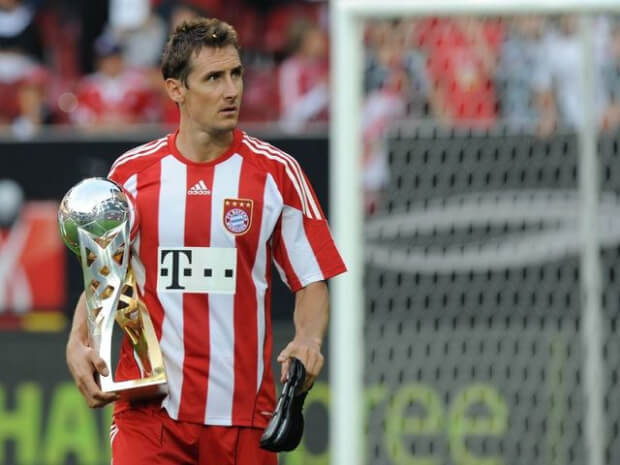
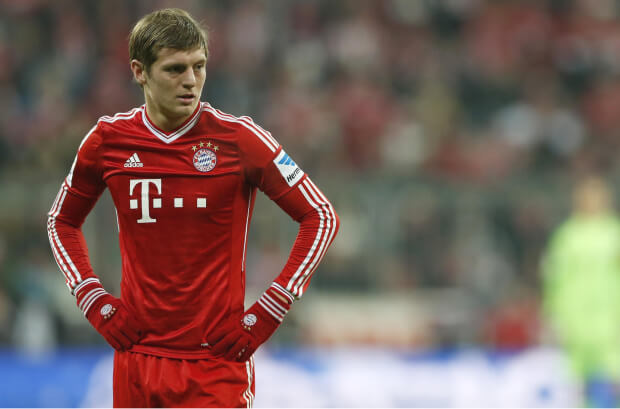
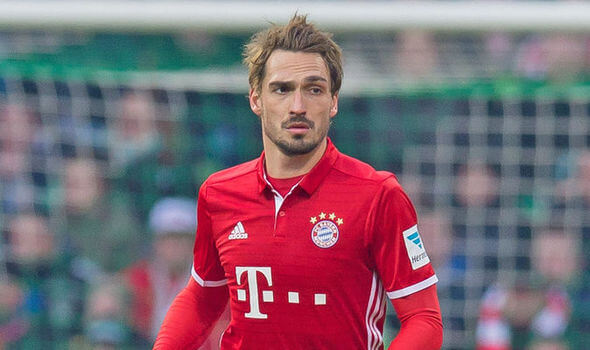
Notable players who have worn the jersey featuring the Deutsche Telekom logo include Mark van Bommel, Bastian Schweinsteiger, James Rodríguez, Arjen Robben, Franck Ribéry, Claudio Pizarro, Manuel Neuer, Thomas Müller, Robert Lewandowski, Philipp Lahm, Toni Kroos, Miroslav Klose, Oliver Kahn, Mats Hummels, Mario Gotze, and Xabi Alonso, among others.

4. Manchester United and Sharp (18 years)

The sponsorship deal between Manchester United and Sharp was one of the first major partnerships in English football, setting a standard for future collaborations. Lasting from 1982 to 2000, Sharp’s logo was emblazoned on United’s shirts for 18 years, during which the team enjoyed unprecedented success, winning six Premier League titles, six FA Cups, one Football League Cup, one UEFA Cup Winners’ Cup, and one UEFA Champions League title.
This partnership coincided with one of Manchester United’s most successful periods, including the iconic Treble win in 1999, where they secured the Premier League, FA Cup, and UEFA Champions League. Sharp, a leading electronics manufacturer, capitalized on the club’s massive popularity to promote its products, especially televisions.
Manchester United quickly entered the sponsorship scene as soon as teams were allowed to play on television with sponsored jerseys. The club announced its first shirt sponsorship deal with Sharp on April 27, 1982. Initially a two-year agreement starting from the 1982/83 season, the partnership with Sharp, whose UK head office and distribution center was located in the Newton Heath district of Manchester, lasted eighteen seasons. The shirt deal’s value rose significantly, from £1.5 million to £3.5 million per year by 1998.
A decade after the partnership ended, Sharp’s marketing communications manager Martin Arnold reflected on the impact of the sponsorship’s conclusion. He noted that it marked a perceived decline in Sharp’s brand presence in the UK. “I wouldn’t say that it marked a step back from the UK market [for Sharp],” said Arnold. “I would say it was when a lot of people started to think that the brand was going into decline. When you say Sharp to people today, many of them either bring up Manchester United or microwave ovens that have lasted for 20 years. Since we stepped away from Manchester United, the awareness of Sharp has fallen.”
The Sharp logo on Manchester United’s kits became a cultural icon, often associated with the club’s dominance in the 1990s.
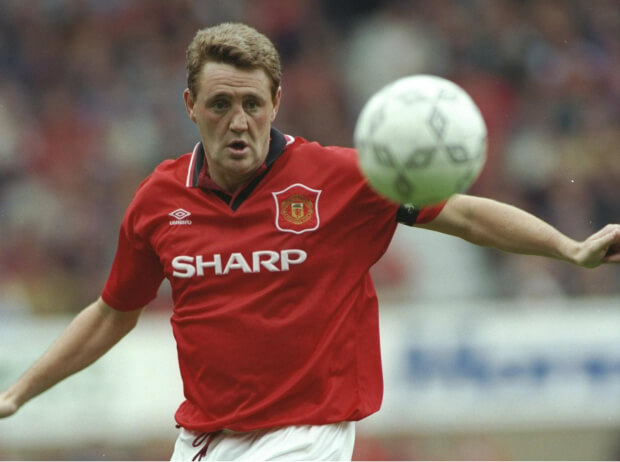
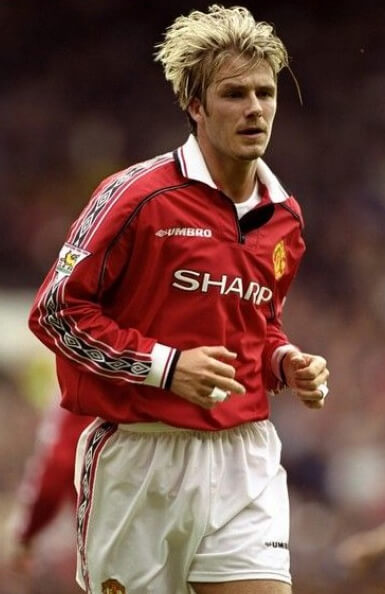

Notable players who wore the Sharp-branded jerseys include Bryan Robson, Steve Bruce, Eric Cantona, Peter Schmeichel, Ole Gunnar Solskjaer, Ryan Giggs, Roy Keane, Andy Cole, Gary Neville, Paul Scholes, David Beckham, Jaap Stam, Dwight Yorke, and John O’Shea.

5. Liverpool and Carlsberg (18 years)
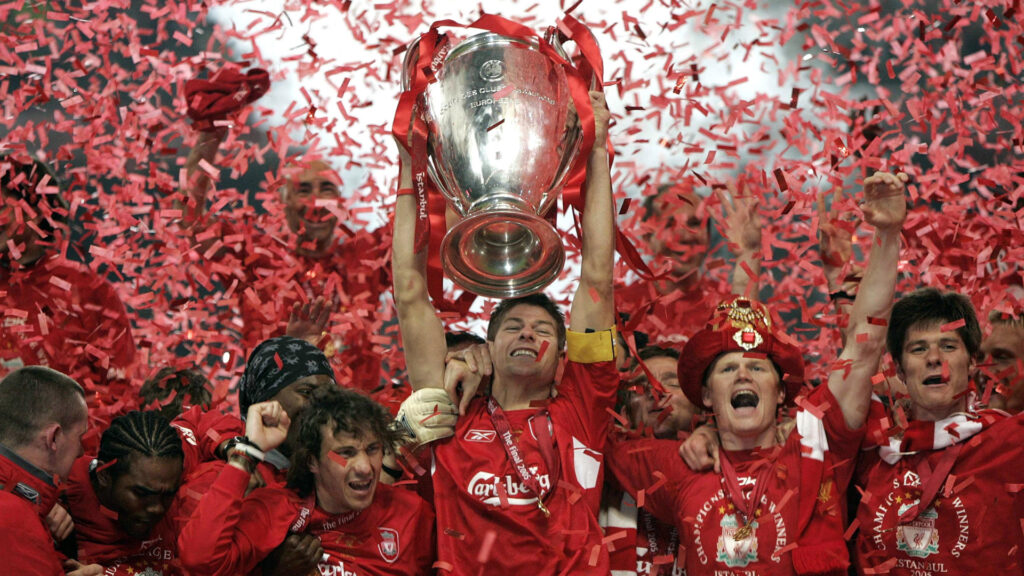
In 1992, the English Premier League was established, marking a new era in football. That same year, Danish beer brand Carlsberg signed a sponsorship deal with Liverpool FC, initiating a long and loyal partnership. The Carlsberg logo adorned the front of Liverpool’s jerseys from 1992 until 2010, becoming a symbol of their collaboration.
During this 18-year partnership, the Carlsberg logo witnessed numerous memorable moments in Liverpool’s history. These included the League Cup victory in 1995, the treble win in 2001 (League Cup, FA Cup, UEFA Cup), the miraculous Champions League comeback in Istanbul in 2005, and the UEFA Super Cup triumph. Carlsberg became synonymous with Liverpool’s successes and the evolving design of the team’s kit.
On September 14, 2009, it was announced that Carlsberg would not renew its shirt sponsorship contract with Liverpool FC when the existing deal expired in July 2010. Despite this, both parties expressed their intent to continue working closely through various partnerships. In 2009, the sponsorship deal was valued at an estimated £7.5 million per year.
Carlsberg remains an official partner of Liverpool FC, with their collaboration now spanning over 32 years. This enduring relationship highlights the strong bond between the beer brand and the football club.
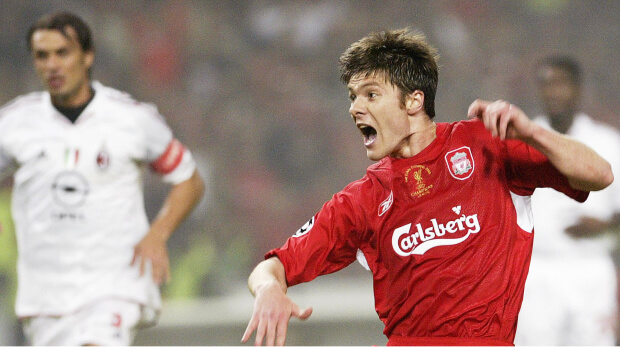
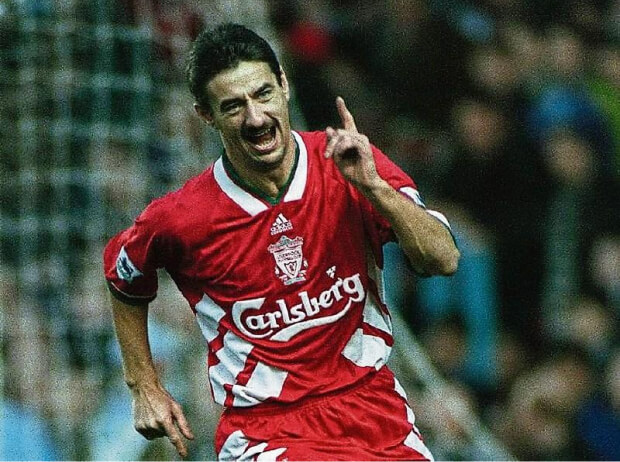
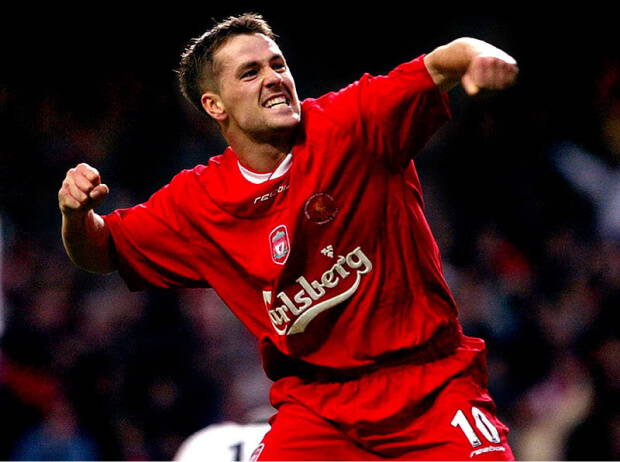
Notable players who wore the Carlsberg-branded Liverpool jerseys include Jamie Redknapp, Steve McManaman, Xabi Alonso, Fernando Torres, Sami Hyypia, Michael Owen, John Barnes, Jamie Carragher, Robbie Fowler, Ian Rush, Steven Gerrard, Javier Mascherano, and Dirk Kuyt.

6. Arsenal and Emirates (18 years)
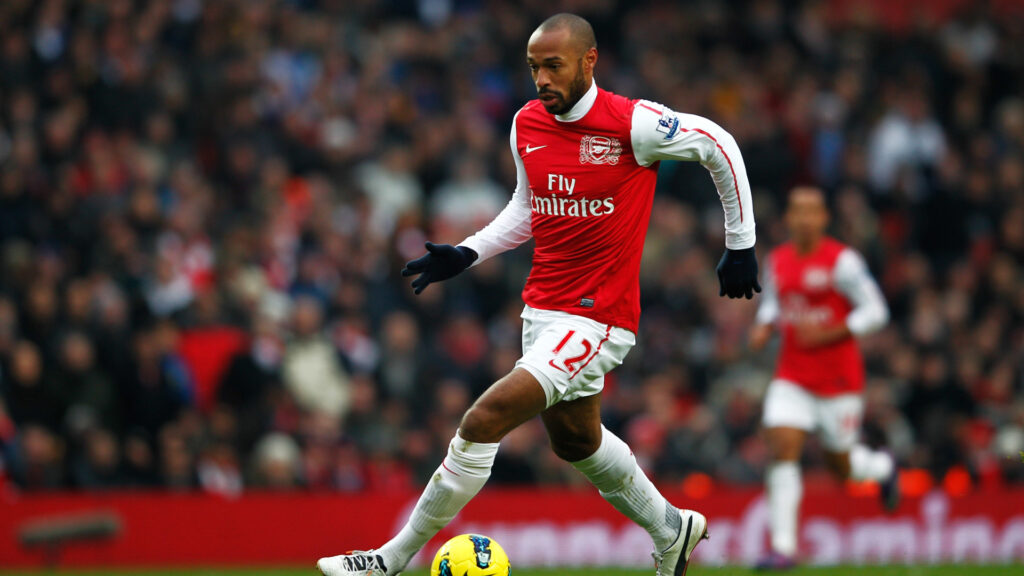
On October 5, 2004, Arsenal announced a landmark sponsorship deal with Emirates Airline. Under the terms of this agreement, Emirates became the club’s official front of shirt sponsor after the contract with O2 expired at the end of the 2005/06 season.
The partnership with Emirates has been renewed multiple times: in 2012, 2018, and again in 2023. The latest extension, estimated at £50 million per season, ensures that the Emirates logo will feature on Arsenal’s shirts until at least 2028.
Sir Tim Clark, President of Emirates Airline, expressed his pride in the long-standing collaboration during the last extension: “I’m proud of the journey that Emirates and Arsenal have shared over the past 17 years. Together, we’ve celebrated triumphs and stood strong against challenges. Our partnership has been built on a shared vision of excellence and a dedication to enriching the experiences of fans around the world.”
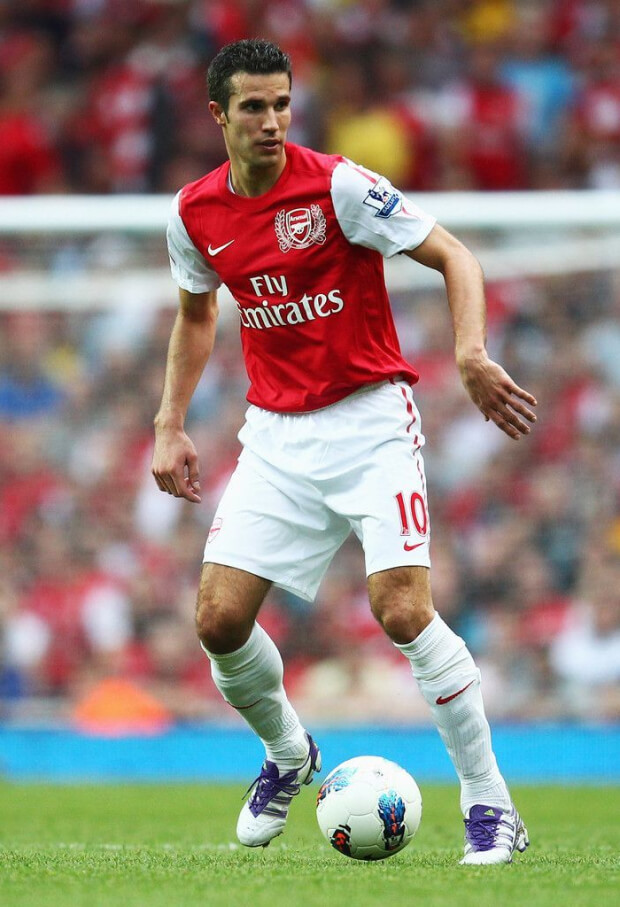
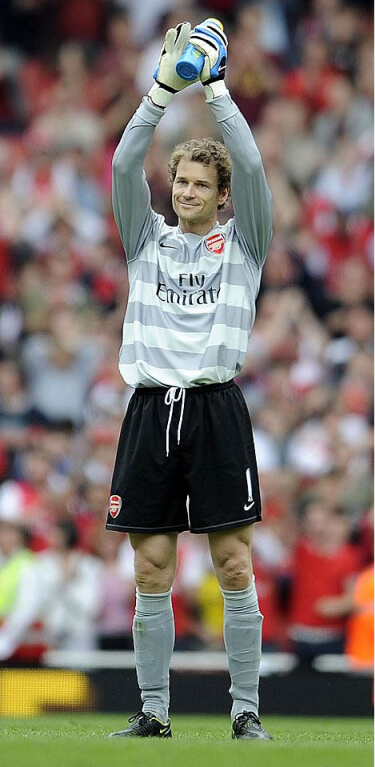
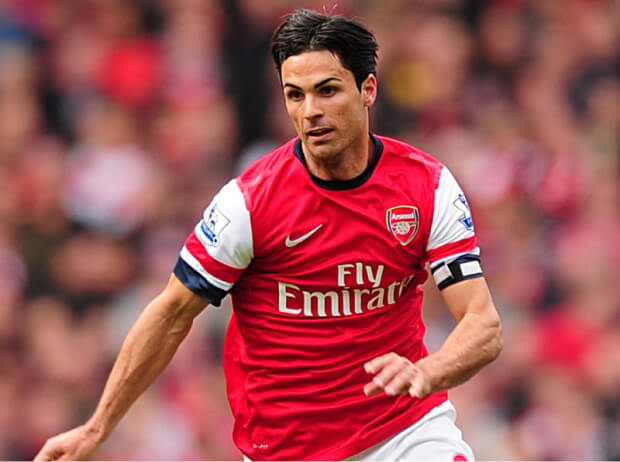
Notable players who have worn Arsenal’s kit with the Emirates logo include Thierry Henry, Freddie Ljungberg, Kolo Toure, Jens Lehmann, Cesc Fàbregas, Robin van Persie, Mathieu Flamini, Tomas Rosicky, Aaron Ramsey, Alex Oxlade-Chamberlain, Mikel Arteta, Olivier Giroud, Mesut Ozil, Alexis Sanchez, Danny Welbeck, Petr Cech, and Alexandre Lacazette.

7. Arsenal and JVC (18 years)

Arsenal’s history includes an 18-year sponsorship deal with the Japanese electronics company JVC, known for producing consumer electronics, software, and media products. This partnership, which began in 1981, is one of the longest-running shirt sponsorships in the club’s history, lasting until 1999. Valued initially at £500,000, the deal made JVC the first shirt sponsor for Arsenal and one of the pioneers in English football sponsorships.
Rumors in the media suggested that by 1999, Arsenal’s management was seeking $1.5 million per year for the sponsorship, aligning with the value of Sharp’s contract with Manchester United.
During the partnership, Arsenal achieved significant success, winning multiple major trophies. These included two First Division titles (1989, 1991), three FA Cups (1993, 1998), and the European Cup Winners’ Cup (1994). The highlight was the 1997-1998 season when Arsenal completed the domestic double, capturing both the Premier League and the FA Cup with JVC proudly displayed on their shirts.
Neil Wilson, trade marketing manager at JVC, reflected on the sponsorship’s impact: “After 18 years, the sponsorship has certainly done the job for us in brand awareness. We have decided to move the budget into advertising, both above and below the line.”
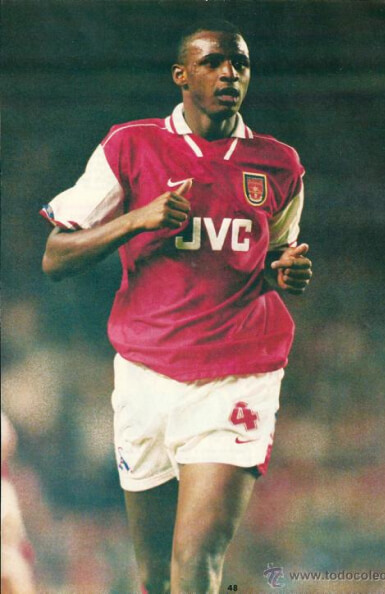

Notable players who wore the Arsenal jersey featuring the JVC logo include Tony Adams, Ian Wright, David Seaman, Thierry Henry, Dennis Bergkamp, and Patrick Vieira.

8. Napoli and Lete (18 years)
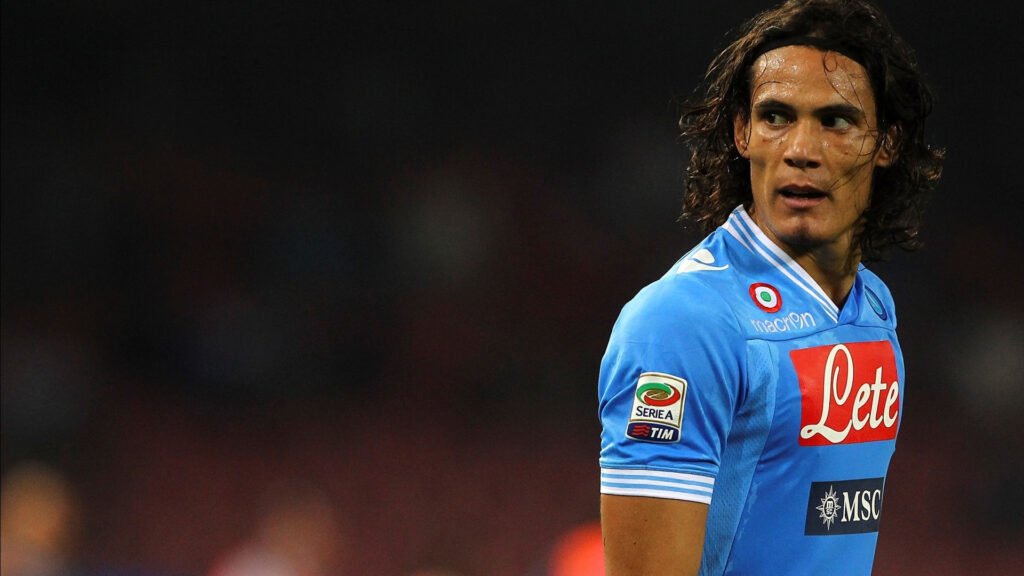
The partnership between Lete and Napoli dates back to 1998, with the Lete logo prominently displayed on Napoli’s shirts since 2005. This makes it one of the longest-running sponsorship deals in football history.
Lete is a renowned Italian mineral water brand based in Campania, the same region as Napoli, establishing a strong local connection between Lete and the football club.
During their 18-year front-of-shirt sponsorship, Napoli and Lete experienced many highs and lows, from seasons in Serie C and Serie B and the brink of bankruptcy to winning the Serie A title and becoming regular participants in the Champions League group stages.
In Serie A, the Lete logo shared the front of Napoli’s shirts with MSC Cruises and Naples-based pasta company Garofalo. However, Lete was the main sponsor and the sole logo on the shirt when Napoli played in European competitions. By 2022, the combined earnings from their two main shirt sponsors, Lete and MSC, amounted to around €9 million per year.
In 2023, MSC Cruises took over as the primary front-of-shirt sponsor for Napoli, filling the commercial slot left by Lete, which ended its 18-year association with the club. This marked the end of an era for one of football’s longest sponsorships.
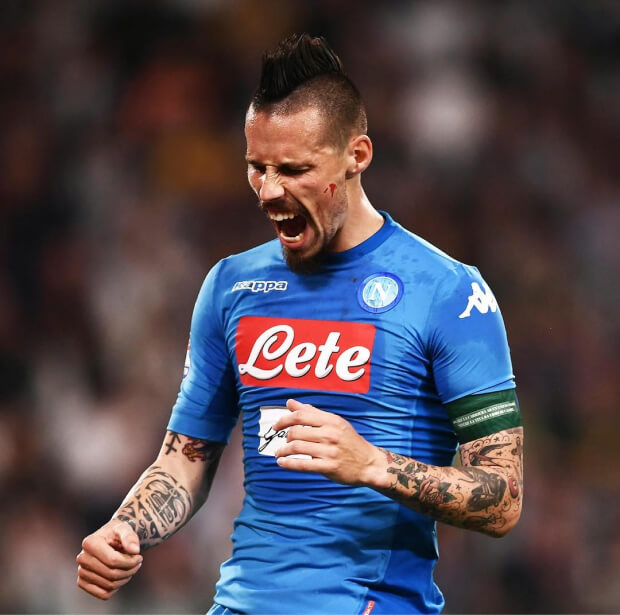
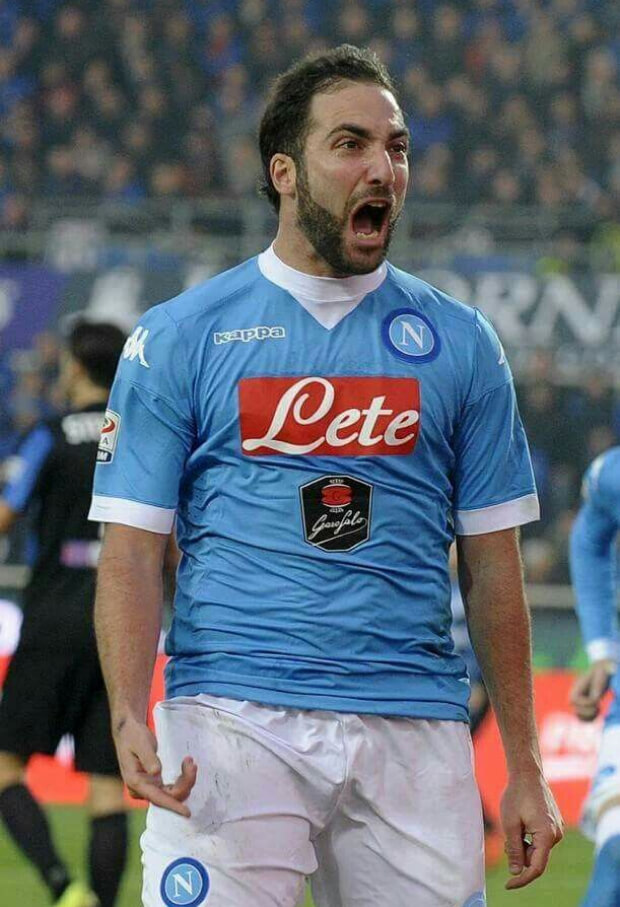
Throughout this partnership, many notable players have worn the Napoli jersey featuring the Lete logo. These players include Ezequiel Lavezzi, Marek Hamsik, Lorenzo Insigne, Edinson Cavani, Pepe Reina, Raul Albiol, Dries Mertens, Gonzalo Higuain, Kalidou Koulibaly, Jorginho and others.
9. Ajax and ABN AMRO (17 years)
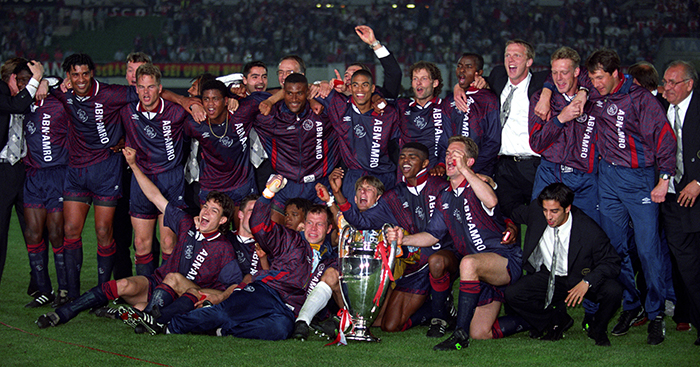
ABN AMRO Bank N.V., the third-largest bank in the Netherlands, is headquartered in Amsterdam. Formed in 1991 by merging Algemene Bank Nederland (ABN) and Amsterdamsche en Rotterdamsche Bank (AMRO Bank), the bank became the front-of-shirt sponsor for Ajax’s men’s team before 1991/1992 season. Unique at the time, the sponsor’s logo was printed vertically down the right side of the shirt, a distinctive feature in football sponsorships.
During the 17 years of this sponsorship, Ajax enjoyed a golden era, clinching six Netherlands Football League Championships, six KNVB Cups, seven Johan Cruyff Shields, one UEFA Champions League title, one UEFA Cup, and one UEFA Super Cup.
After the front-of-shirt sponsorship with Ajax’s men’s team ended, ABN AMRO continued its partnership with the club. The bank became the main sponsor of Ajax’s youth teams and the De Toekomst sports complex. In 2015, ABN AMRO became the main sponsor of Ajax Women and recently extended this contract through at least 2025. This ongoing partnership has spanned nearly 30 years.
An interesting fact from this partnership occurred on April 1, 2007, when Ajax wore a different sponsor, Florius, for their match against Heracles Almelo. Florius, a banking program launched by ABN AMRO, was featured as the shirt sponsor for this single match.
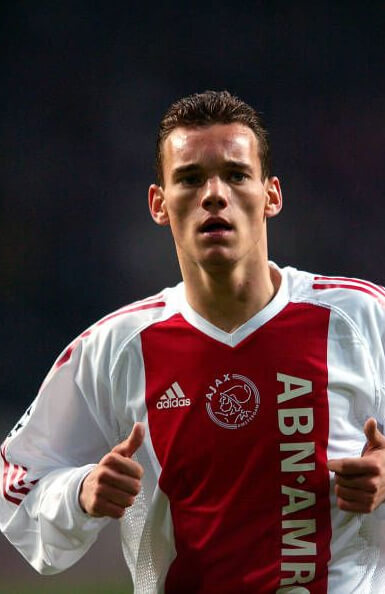
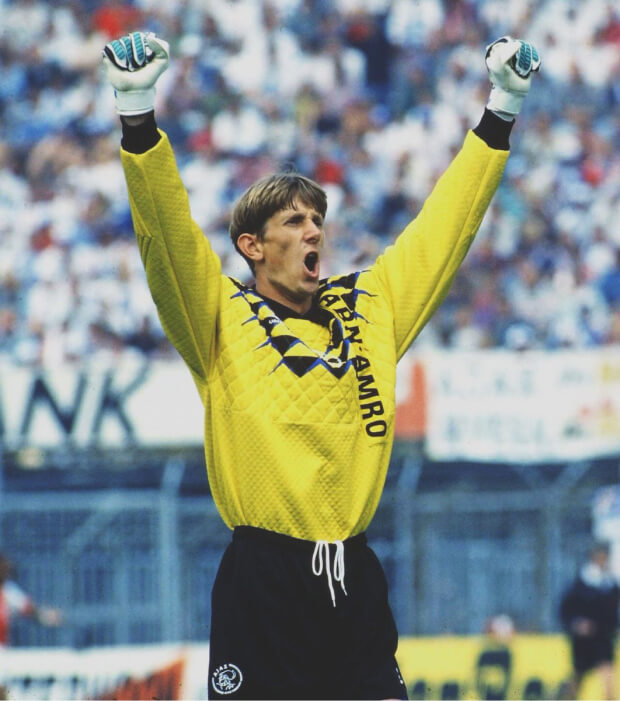
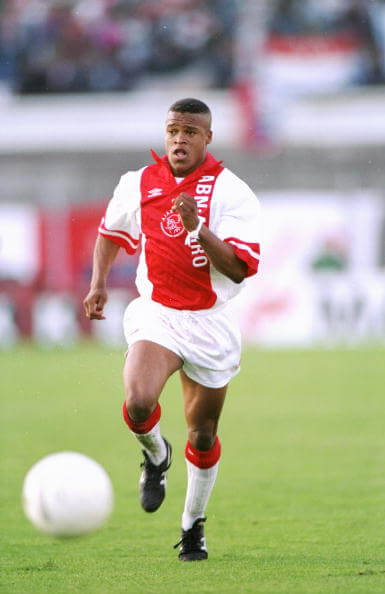
Prominent players who donned the Ajax jersey with the ABN AMRO logo include Edgar Davids, Patrick Kluivert, Edwin van der Sar, Dennis Bergkamp, Jari Litmanen, Frank Rijkaard, Clarence Seedorf, Nwankwo Kanu, and Wesley Sneijder, among others.

10. Parma and Parmalat (17 years)
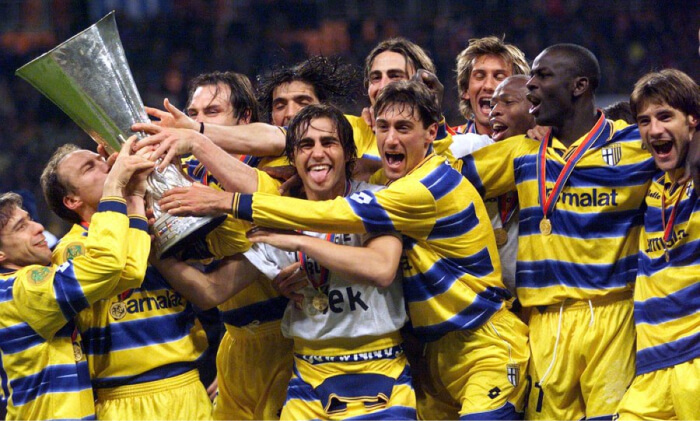
Parmalat, an Italian dairy giant renowned for its dairy products, began its marketing ventures in the late 1980s by sponsoring football clubs. The Parmalat logo first appeared on Real Madrid’s jerseys in the 1985/1986 season and later adorned the kits of Olympique Marseille and Benfica in the early 90s. In 1995, even Boca Juniors, featuring the Diego Maradona, showcased the Parmalat brand. However, Parmalat’s most profound relationship was with the club Parma, located in the same Italian province.
The Parmalat logo made its debut on Parma’s jerseys in 1987, and four years later, the company acquired the club. Founded in 1913, Parma had never competed in Serie A before the 1990/1991 season. Under the financial backing of Calisto Tanzi, Parmalat’s founder, Parma transformed into a powerhouse, winning eight trophies between 1992 and 2002. This period saw Parma clinch three Coppa Italia titles, one Supercoppa Italiana, two UEFA Cups, one European Super Cup, and one UEFA Cup Winners’ Cup. The club also achieved its best league finish as runners-up in the 1996-97 season.
During this era, Parma became a formidable title contender, frequently clashing with Juventus, who emerged as their fierce rivals. Parmalat’s influence was so significant that Parma’s traditional white shirts were relegated to away kits, with the team donning yellow and blue hooped shirts at home from 1998 to 2004. Navy blue shirts often served as the third kit. This period of success established the yellow and blue as Parma’s iconic colors, leading to the nickname “Gialloblù” (Yellow and Blues).
In 2004, Parmalat faced a massive bankruptcy with debts amounting to $20 billion, including fraudulent activities worth over €10 billion, and a €167 million net loss for the club in 2003. The collapse of Parmalat forced the club into controlled administration until January 2007. On March 19, 2015, Parma was declared bankrupt again with total liabilities of €218 million, including unpaid wages of €63 million.
Fortunately, Parmalat, having recovered from its own financial downfall, stepped in to support the club. Parmalat is now a part-owner of Parma, and its logo can still be found among the club’s sponsors and partners.
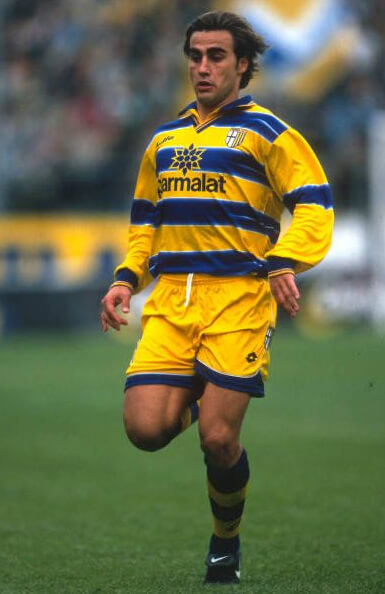
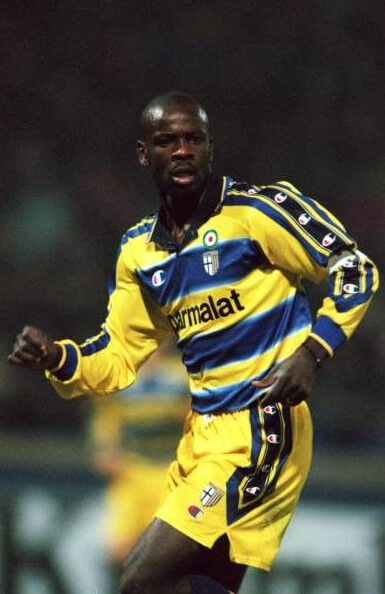
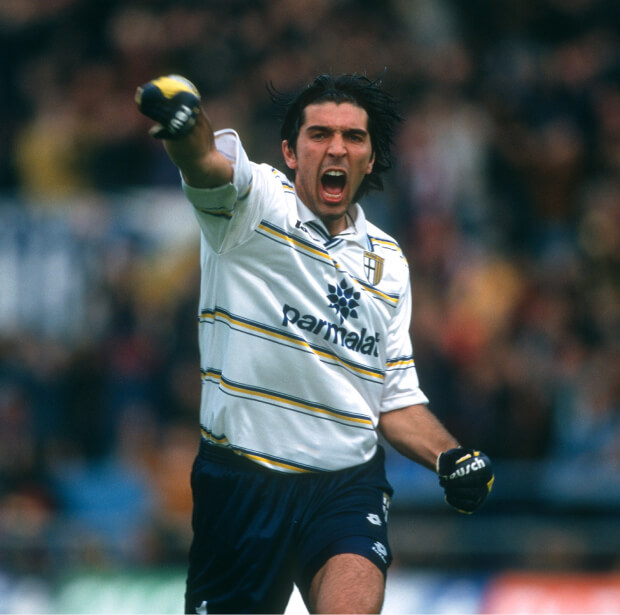
Notable players who wore the Parmalat-branded Parma jersey include Gianfranco Zola, Fernando Couto, Fabio Cannavaro, Gianluigi Buffon, Hernan Crespo, Lilian Thuram, Juan Sebastian Veron, Adrian Mutu, and many others.
Latest news
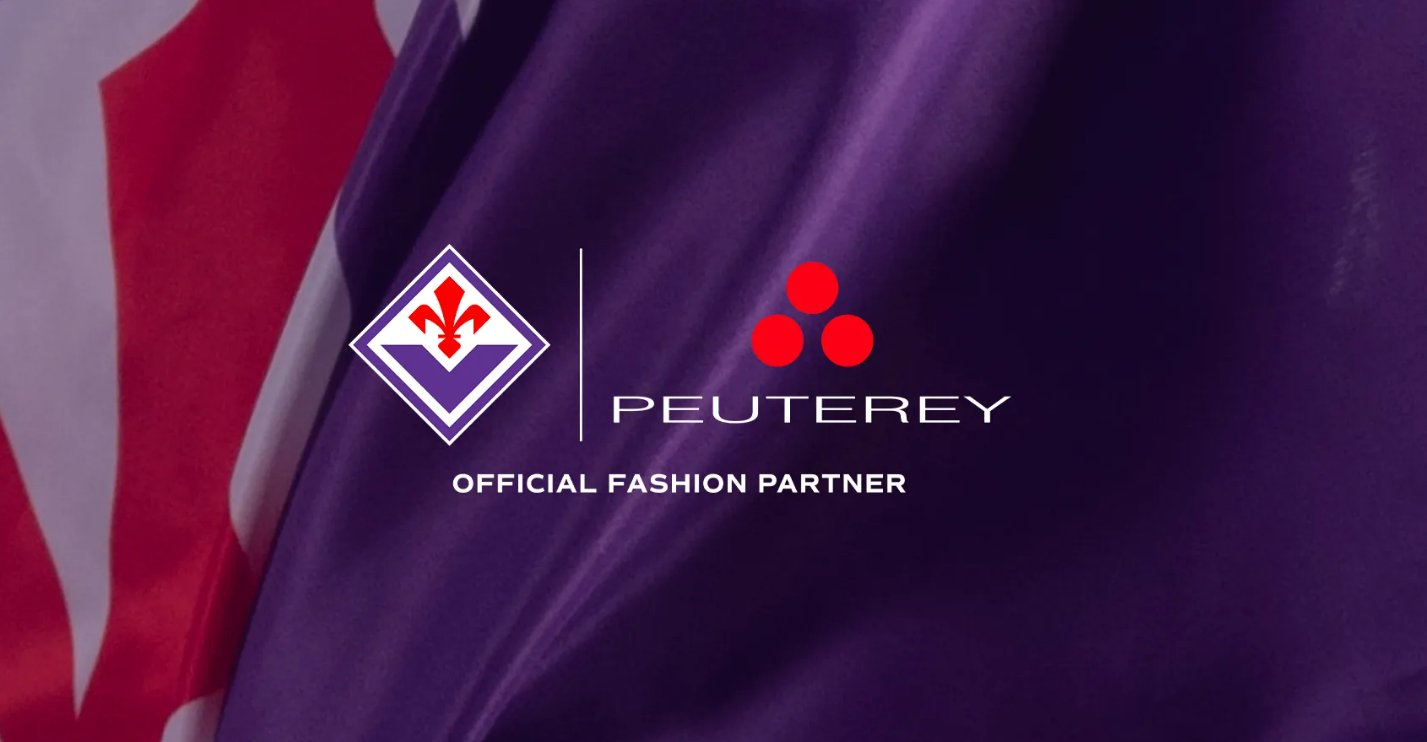
Peuterey Becomes Official Fashion Partner of ACF Fiorentina in New Multi-Year Deal
15.07.2025 11:54:23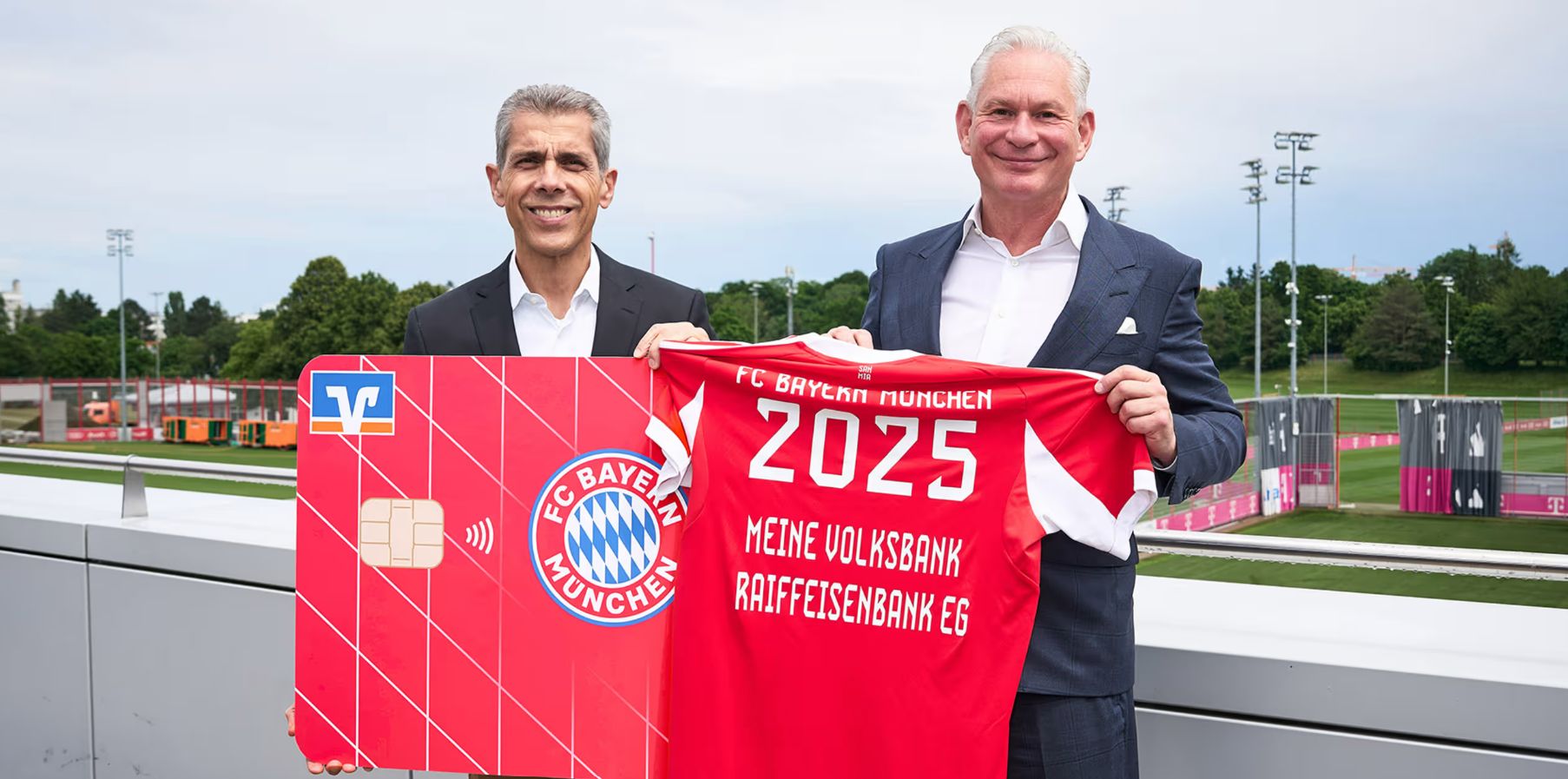
FC Bayern Names meine Volksbank Raiffeisenbank eG as Official House Bank in Long-Term Partnership
15.07.2025 11:33:27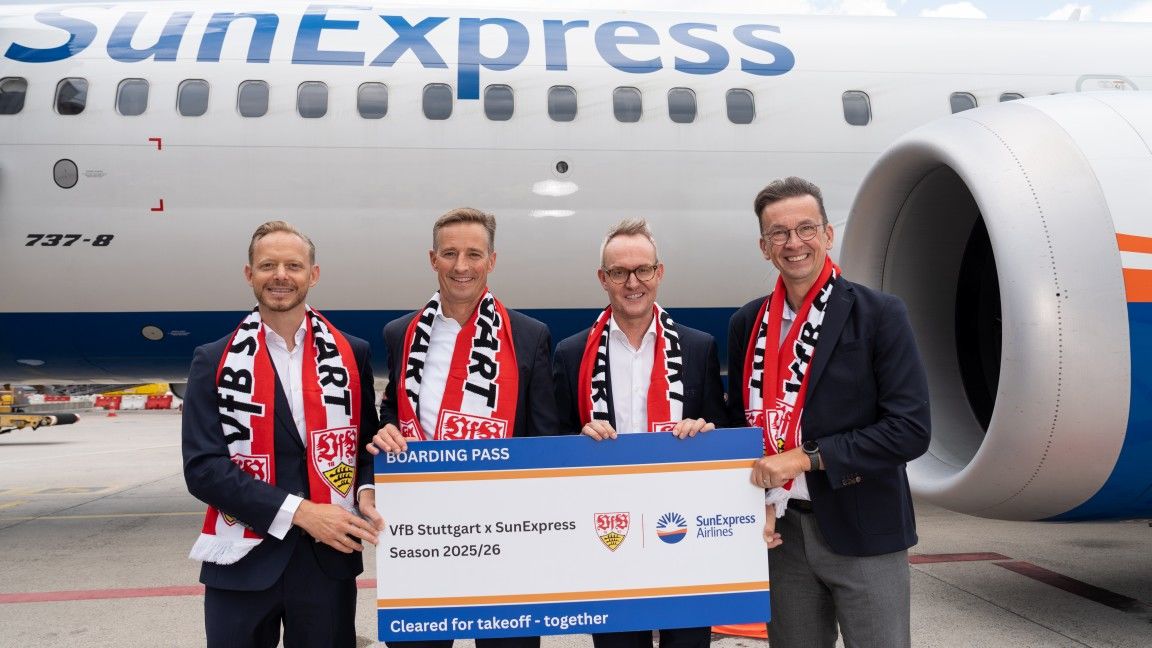
VfB Stuttgart Signs Multi-Year Airline Partnership with SunExpress
15.07.2025 11:22:52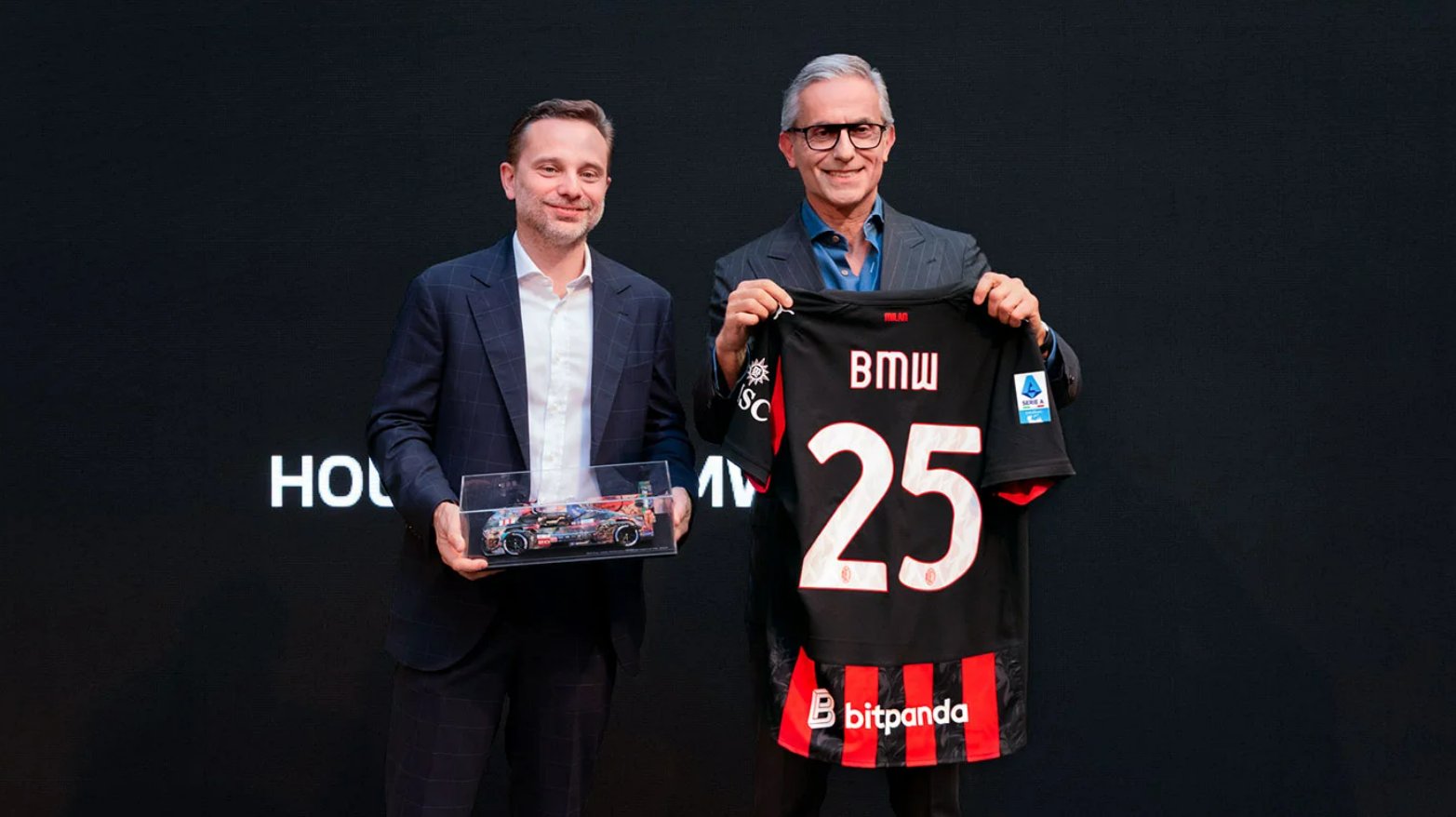
AC Milan and BMW Extend Strategic Partnership with Focus on Sustainability and Innovation
15.07.2025 11:03:18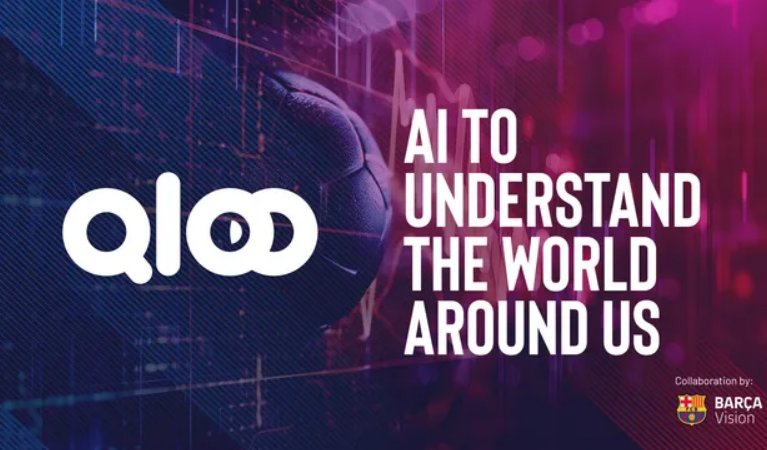
Barça Vision Partners with Qloo to Drive AI-Powered Fan Engagement and Digital Innovation
14.07.2025 18:00:54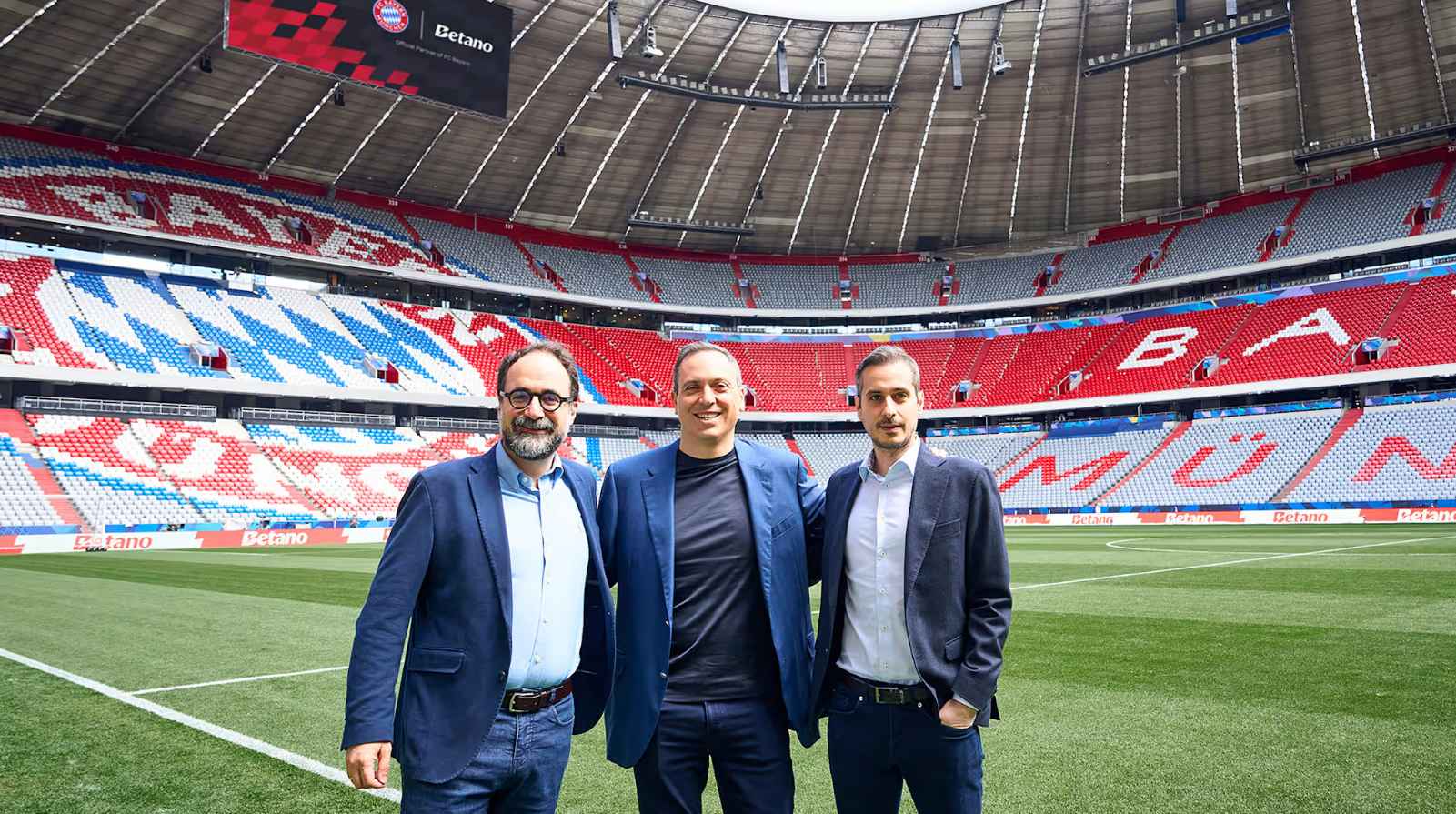
FC Bayern and Betano Sign Multi-Year Global Partnership
14.07.2025 17:38:50






